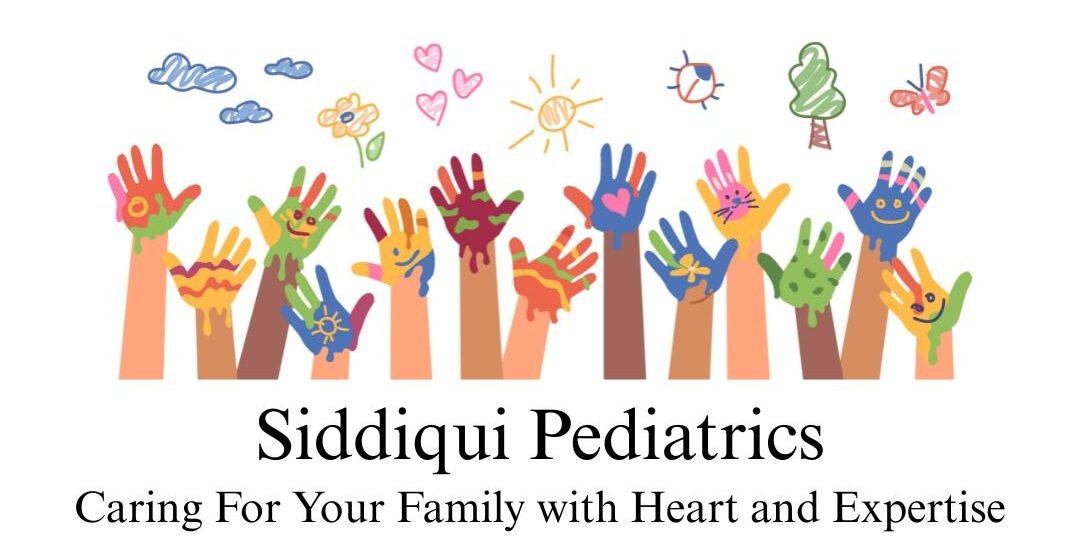The moment a child asks, “When can I get Instagram?” or “Everyone at school is on TikTok” is the moment many parents realize that social media is no longer a distant future issue—it’s knocking at the door. For preteens navigating a fast-moving digital world, the allure of social media is nearly impossible to ignore. And for parents, guiding them through this space isn’t just about saying yes or no—it’s about knowing how to prepare them for the pressures, behaviors, and digital environments they’re about to enter.
Pediatricians see the effects of digital overexposure daily: anxiety, trouble focusing, sleep issues, and even regression in communication. But it doesn’t have to go that way. With proactive steps, parents can raise media-literate, emotionally balanced, and socially thoughtful kids—even before the first social media profile is created.
Understanding the Preteen Brain in a Digital World
Preteens (typically ages 9–12) are at a unique developmental stage. They’re still forming critical thinking skills, building emotional regulation, and beginning to explore identity. The influence of social media during this period can be significant:
- Impressionability: They mimic what they see.
- Validation-seeking: They crave likes, comments, and peer approval.
- Impulse-driven: Prefrontal cortex development is still in progress, making it harder to pause and reflect.
That’s why guidance before they join is more powerful than restriction after.

Start the Conversation Before They Sign Up
One of the most overlooked tools in social media readiness is a simple, ongoing conversation. Don’t wait until your child demands an account to talk about online behavior. Begin by asking questions:
- “What do you think social media is for?”
- “What kinds of posts do you see your friends liking?”
- “Why do you think people use filters?”
This approach encourages preteens to reflect instead of react, creating a foundation of awareness that will help them make better decisions online.
Teach Emotional Literacy Before Digital Literacy
Before worrying about passwords, privacy settings, or screen limits, focus on emotional literacy. This includes helping children:
- Name their emotions
- Recognize online content that triggers comparison
- Understand the difference between online attention and real-world relationships
Much like handling high fevers requires parents to know the signs and take early action (read more), managing online exposure early can prevent emotional spikes from escalating into bigger health issues.
Create a Media Agreement That Evolves With Your Child
Pediatricians strongly encourage parents to treat digital privileges as evolving responsibilities. A family media agreement sets clear expectations without feeling authoritarian. Include items like:
- Daily screen limits
- Rules about photos and videos
- How to handle friend requests
- What to do if someone sends something inappropriate
Revisit and adjust the agreement quarterly to reflect your child’s maturity and current platforms they’re using or interested in.
Model Digital Balance at Home
Preteens pay more attention to what you do than what you say. If they see parents:
- Constantly scrolling through phones
- Zoning out during meals
- Posting every family moment online
… they will assume that’s the norm. Show what balance looks like. Share when you’re taking a social break, turning off notifications, or prioritizing face-to-face time. These subtle cues go further than lectures.
Teach Them to Pause, Not Post
Preteens live in a world of instant reactions. Teaching them to pause before posting helps build:
- Emotional control
- Conflict resolution
- Self-respect
Use real-life examples to walk through consequences:
- What if a joke gets misunderstood?
- What if someone posts something that hurts a friend?
- What if they regret sharing a personal moment?
These talks can be as routine as asking how their day went—no drama, just daily dialogue.
Explain the Real Cost of Digital Popularity
Many preteens believe popularity online equals happiness. Help them see beyond the screen:
- Followers don’t always mean friends
- Going viral isn’t a career plan
- Not everything is as it appears
This level of honesty parallels the way speech development should be encouraged with genuine, child-focused tools (support their communication journey here). The same applies to developing safe online behaviors.
Use Tech to Teach, Not Just to Block
Instead of installing blocking software without explanation, invite your preteen into the process. Show them how content filters work. Let them help choose strong passwords. Explore app settings together.
This builds:
- Digital confidence
- Mutual respect
- Responsibility for their online environment
You’re not just shielding them—you’re training them.
Recognize When They’re Not Ready

Just because a child is 12 doesn’t mean they’re ready for social media. Readiness isn’t about age—it’s about:
- Emotional stability
- Ability to follow rules
- Comfort talking to adults about online interactions
If they consistently hide online behavior, avoid talking about their digital life, or show signs of mood changes after screen time, it’s okay to pause.
What to Do When Things Go Wrong
Mistakes will happen. A post might go too far. A conversation might be taken the wrong way. In those moments:
- Keep communication open
- Avoid harsh punishment
- Focus on learning, not shame
Pediatricians recommend that instead of taking away access, parents use these events to build emotional tools and trust.
Prepare, Don’t Panic
Social media isn’t the enemy—but unpreparedness is. Preteens don’t need total control over their digital world, nor do they need to be locked out completely. They need active parenting, structured guidance, and open conversations grounded in trust.
If you’re already helping your child build habits around hydration (here’s how) or recognizing when a fever needs attention, you’re more than capable of navigating the online world with them too.
In the hands of a caring pediatrician and a proactive parent, social media can become less of a threat and more of a tool—a platform where preteens grow in confidence, kindness, and self-awareness.
